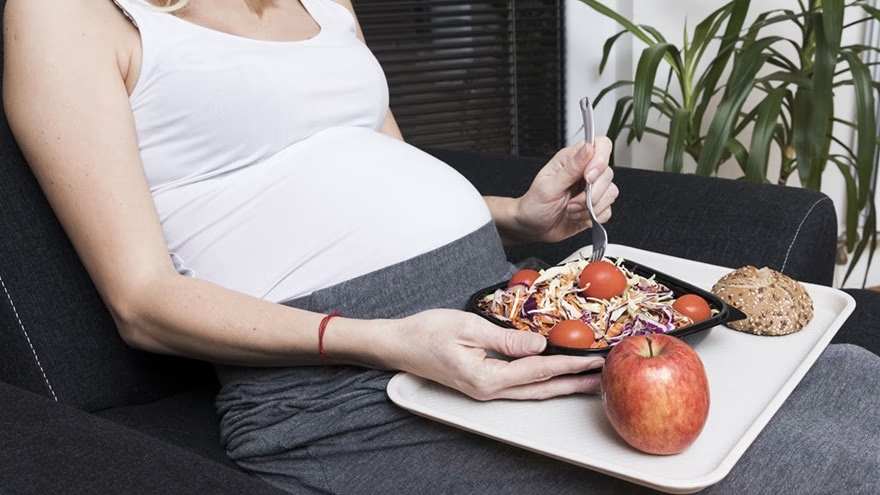
Atkins Diet Phases
The Atkins diet is most limiting during the initial two-week induction phase, which is not recommended during pregnancy.Meals during induction are based on lean protein, leafy green vegetables, low glycemic index vegetables, minimal fruits, dairy and healthy fats. Immediately following induction, additional carbohydrate servings, in the form of additional low-glycemic vegetable and fruit choices, are added to the diet; this phase of the diet is known as ongoing weight loss.
As progressing weight reduction continues, nuts and seeds are included, as are entire grains.
The maintenance phase of the program consists of lean proteins, vegetables, fruits, dairy, whole grains and healthy fats, all foods that contribute to a healthy, balanced and nutritious diet for any adult, pregnant women included. Foods with little nutritional value, such as white flour, white sugar and refined grain products, should be avoided.
Carbohydrates
Carbohydrates are important during pregnancy because they provide energy, and pregnancy is an energy-intensive state. It is important for a pregnant woman to eat an appropriate amount of carbohydrates, but it is more important that she choose those carbohydrates wisely. Entire grains, vegetables and organic products are solid wellsprings of sugars.They provide fiber, which is important to prevent constipation and hemorrhoids during pregnancy. Controlling carbohydrates can also help pregnant women control their blood sugar levels, an issue for hypoglycemic or diabetic pregnant women; the carbohydrates recommended by the Atkins diet are low-glycemic choices. The Atkins diet does not eliminate carbohydrates, although many dieters in their zeal may attempt to eat fewer carbohydrates than the diet recommends; instead, the diet focuses on healthy carbohydrate choices.
Pregnancy-specific Diet Choices
In "Dr. Atkins New Diet Revolution," Dr. Atkins recommends the Maintenance phase for women who are trying to conceive, pregnant or lactating.However, for women who have not previously used the Atkins diet, it may be difficult to determine the appropriate amount of servings from each food group. The pregnancy diet recommended by Dr. Tom Brewer is much like the Atkins diet maintenance plan, except that Dr.
Brewer recommends specific amounts of foods in each of the food groups. Dr. Brewer's diet was also specifically designed to prevent certain pregnancy complications resulting from malnutrition.
You Might Also Like :: Does Diet During Pregnancy Affect the Size of a Baby?
Save for later
Found this helpful?
Pin this article to your Pinterest board and come back to it whenever you need a reminder.
Save to Pinterest


